SAP S4 Hana Course Syllabus For Beginners
4.9 out of 5 based on 9596 votesLast updated on 8th Jul 2024 15.3K Views
- Bookmark

The SAP HANA course syllabus offers a detailed overview of the essential topics and skills needed to master SAP S/4HANA.

Introduction
The SAP S/4 HANA course offers comprehensive training in SAP's next-generation ERP suite, designed to streamline business processes and enhance operational efficiency. Covering modules from finance and sales to logistics and analytics, this SAP course online equips participants with the knowledge and skills needed to implement, manage, and optimize SAP S/4HANA solutions. Ideal for both beginners and experienced professionals, the SAP Hana syllabus aims to prepare learners to navigate the complexities of modern enterprise resource planning with confidence.
All About SAP S4 Hana Course Syllabus
SAP S/4HANA is an enterprise resource planning (ERP) suite designed to cover various business processes within an organization. The SAP S4 HANA Certification course syllabus for SAP S/4 HANA typically includes the following modules.
Let's delve deeper into each section of the SAP Hana course syllabus to provide a clearer understanding of its contents.
1. Introduction to SAP S/4HANA
- Overview of SAP S/4 HANA: This section introduces the SAP S/4 HANA suite, covering its design, architecture, and the underlying SAP HANA database. It highlights the benefits of using SAP S/4HANA for enterprise resource planning.
- SAP S/4HANA vs. SAP ECC: In this portion of the SAP S4 Hana syllabus, you will learn about the key differences between SAP S/4HANA and the older SAP ECC system, focusing on improvements in performance, user experience, and functionality.
- Deployment Options: This part covers the various deployment options available for SAP S/4 HANA, including on-premise, cloud, and hybrid models, and discusses their advantages and disadvantages.
2. SAP S/4 HANA System Navigation
- SAP GUI and Fiori Launchpad: Learn how to navigate the SAP S/4 HANA system using the traditional SAP GUI and the modern Fiori Launchpad.
- User Interface: Understand the features of the new SAP Fiori user interface, designed for a more intuitive and user-friendly experience.
- Personalization: This section covers how users can customize their experience within SAP Fiori to better meet their individual needs and preferences.
3. SAP S/4HANA Finance (FI)
- General Ledger Accounting: The SAP S4 Hana finance syllabus focuses on configuring and managing the general ledger, which is central to financial accounting.
- Accounts Payable and Receivable: Learn to manage vendor payments and customer receipts, ensuring accurate financial records.
- Asset Accounting: Understand the management of fixed assets, including acquisition, depreciation, and disposal.
- Bank Accounting: This part of the SAP S4 Hana syllabus covers the management of bank transactions and reconciliation.
- Financial Reporting: Learn to generate and analyze financial statements, crucial for informed decision-making.
4. SAP S/4HANA Management Accounting (CO)
- Cost Center Accounting: Manage and track costs within different areas of the organization.
- Internal Orders: Plan, monitor, and analyze the costs of internal projects or tasks.
- Product Costing: Learn to calculate the costs involved in manufacturing goods.
- Profitability Analysis (CO-PA): Analyze profitability across different segments such as products, customers, or markets.
5. SAP S/4HANA Sales and Distribution (SD)
- Sales Order Processing: Manage the entire sales order lifecycle from creation to fulfillment.
- Pricing and Conditions: Set up and manage various pricing conditions and strategies.
- Shipping and Transportation: Handle the logistics of shipping and transporting goods to customers.
- Billing and Invoicing: Process billing documents and manage customer invoicing efficiently.
- Credit and Risk Management: Manage customer credit limits and assess financial risks.
6. SAP S/4HANA Materials Management (MM)
- Procurement Process: Cover all aspects of purchasing goods and services, from requisition to payment.
- Inventory Management: Track and manage inventory levels to ensure optimal stock.
- Invoice Verification: Verify and process vendor invoices to maintain financial accuracy.
- Material Valuation: Learn how to value materials and manage their prices.
- Material Master Data: Maintain accurate and comprehensive material master records.
7. SAP S/4HANA Production Planning (PP)
- Production Planning and Control: Plan and control production processes to ensure efficiency and meet demand.
- Material Requirements Planning (MRP): Plan material requirements to ensure availability for production.
- Shop Floor Control: Manage production orders and monitor shop floor activities.
- Capacity Planning: Ensure optimal utilization of production resources.
SAP S4 Hana Interview Questions
SAP S4 HANA Certification Cost
SAP HANA Components
Difference Between SAP FICO And SAP HANA
8. SAP S/4HANA Supply Chain Management (SCM)
- Supply Chain Planning: Plan and optimize the entire supply chain for better efficiency.
- Inventory and Warehouse Management: Manage warehouses and inventory levels effectively.
- Demand Planning: Forecast and plan for future customer demand.
- Supplier Relationship Management: Manage relationships with suppliers to ensure quality and reliability.
9. SAP S/4HANA Human Capital Management (HCM)
- Organizational Management: Structure and manage organizational units within SAP.
- Personnel Administration: Maintain employee records and manage HR-related data.
- Time Management: Track employee time and attendance.
- Payroll: Process payroll and manage employee compensation.
- Talent Management: Handle recruitment, performance management, and employee development.
10. SAP S/4HANA Analytics and Reporting
- Embedded Analytics: Use embedded analytics tools for real-time insights and data analysis.
- SAP BW/4HANA Integration: Integrate with SAP BW/4HANA for advanced analytics capabilities.
- Reporting Tools: Utilize various reporting tools like SAP Fiori and SAP Lumira for data visualization.
- Key Performance Indicators (KPIs): Define and monitor KPIs to track business performance.
11. SAP S/4HANA Migration and Integration
- Migration Techniques: Learn about the tools and techniques for migrating from older systems to SAP S/4HANA.
- Data Migration: Manage the processes and tools required for migrating data to SAP S/4HANA.
- Integration with Other Systems: Integrate SAP S/4HANA with other SAP and non-SAP systems to ensure seamless data flow.
- SAP Activate Methodology: Implement SAP S/4HANA using the SAP Activate methodology, a structured approach to project management.
12. SAP S/4HANA Security and Authorization
- User and Role Management: Manage users, roles, and authorizations to ensure secure access.
- Security Concepts: Understand security concepts and best practices in SAP S/4HANA.
- Compliance and Audit: Ensure compliance with regulatory requirements and prepare for audits.
13. SAP S/4HANA Best Practices and Case Studies
- Industry-Specific Solutions: Explore solutions tailored for specific industries such as manufacturing, retail, and finance.
- Case Studies: Analyze real-world implementations to understand the practical applications of SAP S/4HANA.
- Best Practices: Implement best practices for maximizing the benefits of SAP S/4HANA.
14. Hands-On Exercises and Projects
- Practical Exercises: Engage in hands-on exercises for each module to reinforce learning.
- Real-World Scenarios: Work on projects based on real-world business scenarios to apply theoretical knowledge.
- Capstone Project: Complete a comprehensive project that demonstrates proficiency in SAP S/4HANA.
15. Certification Preparation
- SAP S/4HANA Certification: Prepare for SAP S/4HANA certification exams with targeted study material.
- Sample Questions and Practice Tests: Review sample questions and take practice tests to gauge readiness.
- Exam Strategies: Develop strategies for successfully passing the certification exams.
The SAP Hana course syllabus provides a comprehensive overview of the essential topics and skills required to master SAP S/4HANA, catering to both functional and technical aspects of the ERP suite. The course is designed to equip learners with the knowledge and practical experience needed to effectively implement, manage, and utilize SAP S/4HANA in a business environment.
Conclusion
To sum up, the SAP S4 HANA Course equips learners with essential skills in ERP implementation, management, and optimization. Covering a wide array of SAP modules from finance to supply chain management, the SAP S4 Hana course syllabus prepares professionals to leverage SAP's latest technology for driving business efficiency and innovation in today's competitive landscape.
Subscribe For Free Demo
Free Demo for Corporate & Online Trainings.
Your email address will not be published. Required fields are marked *
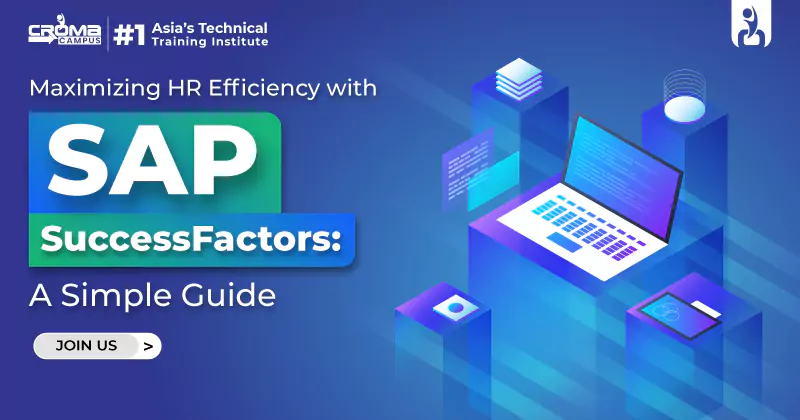
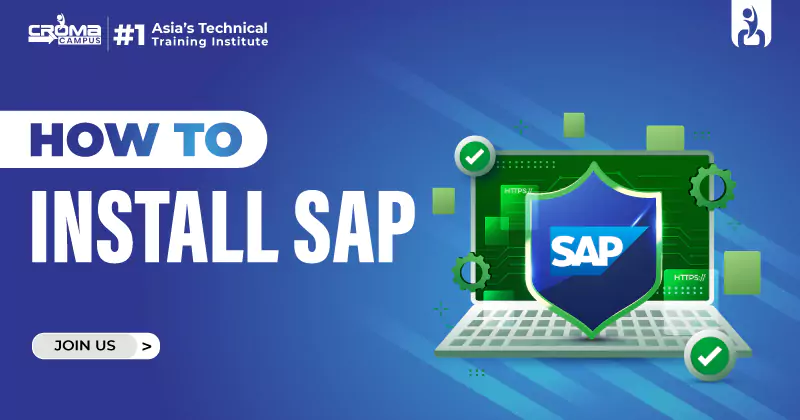
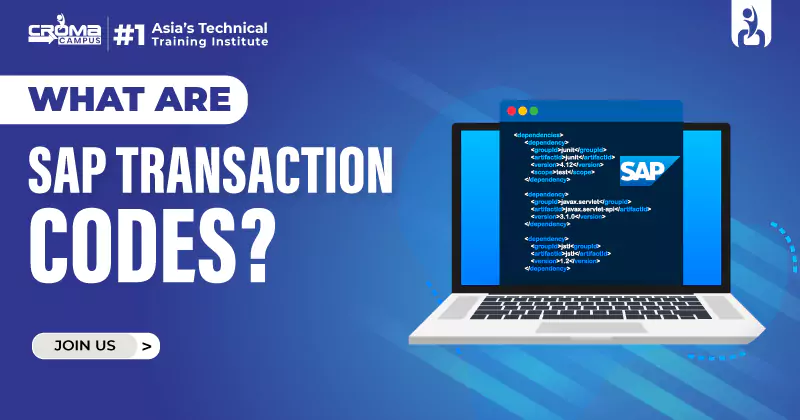
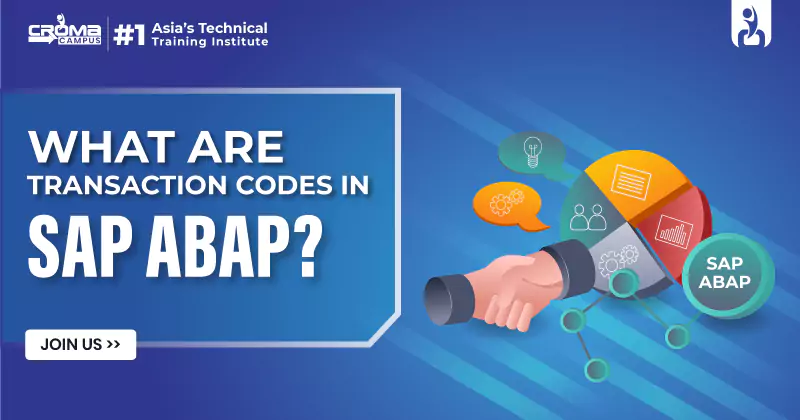
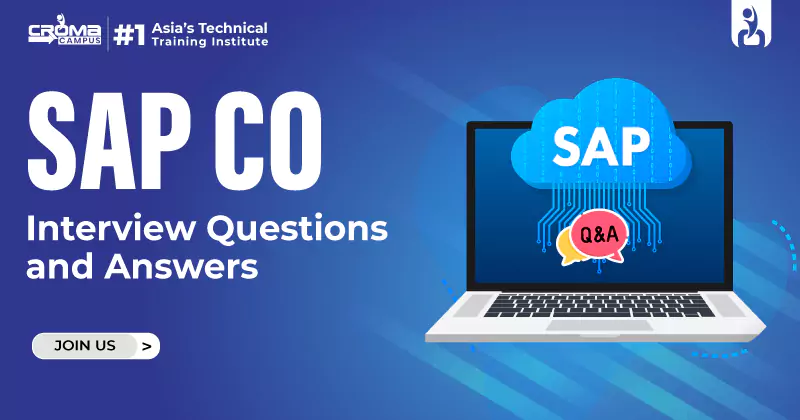
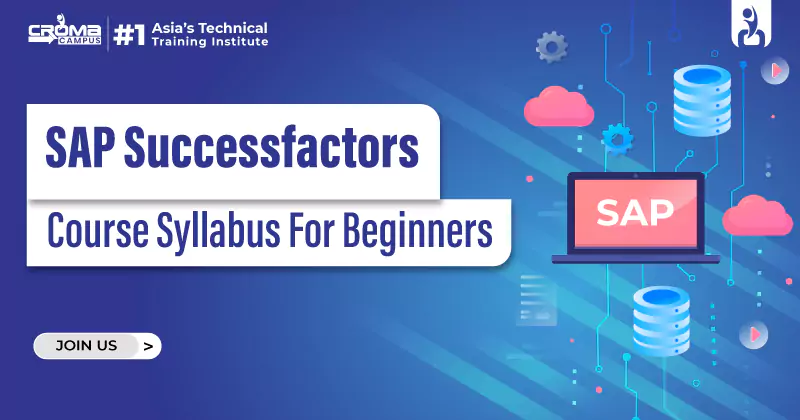
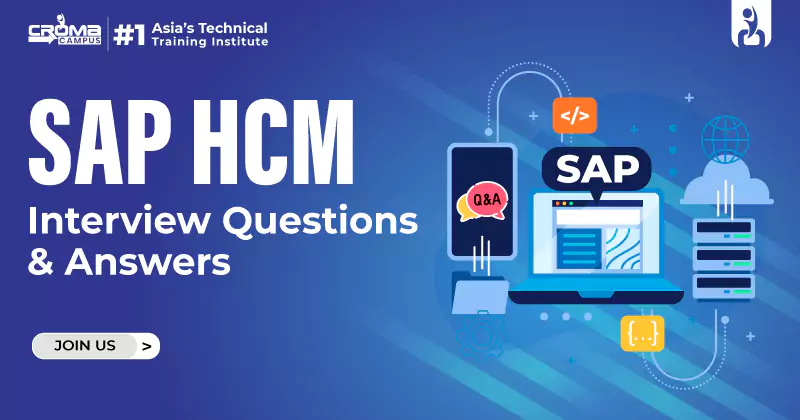
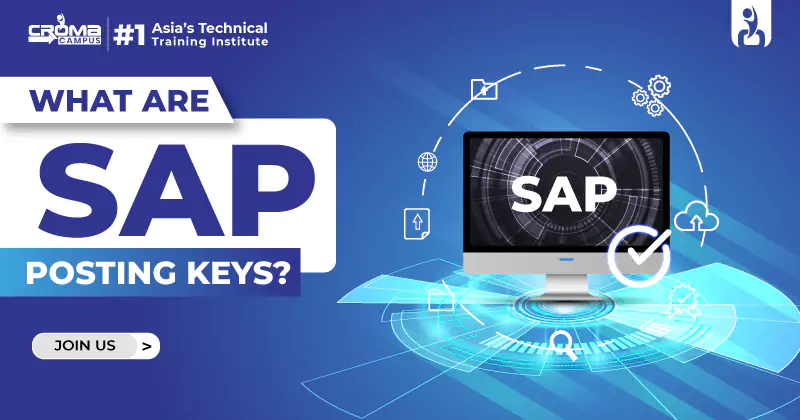

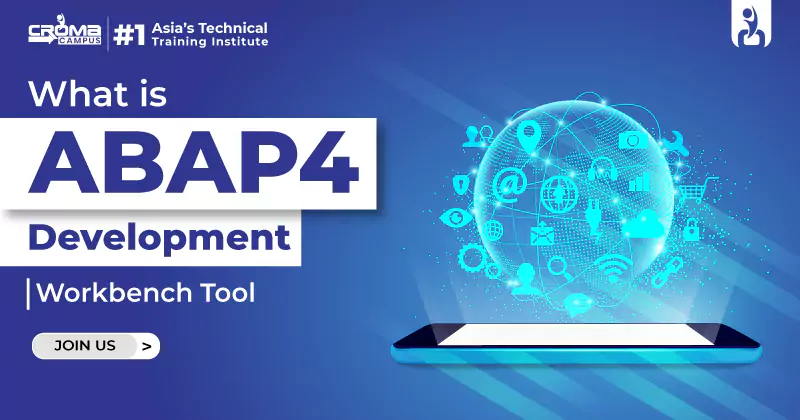











 Master in Cloud Computing Training
Master in Cloud Computing Training